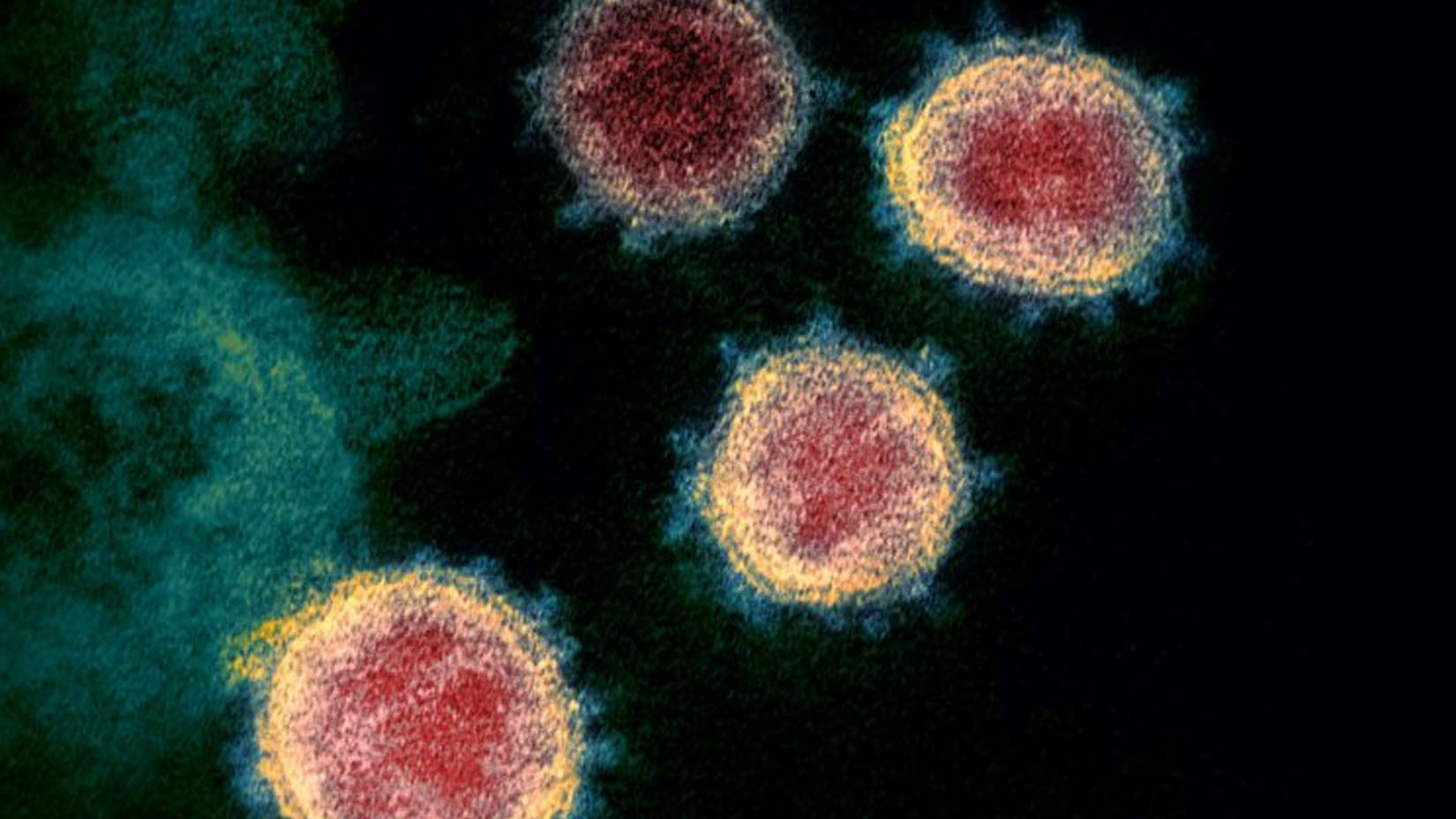Coronavirus Pandemic: Putting Comprehensive Genomic Data in the Hands of Frontline Researchers Worldwide is Paramount

According to the CDC, SARS-CoV-2, the virus causing COVID-19, has now been detected in more than 150 countries/locations internationally. The World Health Organization (WHO) has declared COVID-19 a pandemic, and in the United States it has been declared it a national emergency.
As governments and health organizations race to contain the disease, JCVI has released, in conjunction with the National Institutes of Health and the U.S. Department of Health and Human Services, a “Feature Virus” portal in the Virus Pathogen Resource (ViPR) to support research on the new outbreak. Additionally, teams within the JCVI Infectious Disease group are collaborating on vaccine development and other research related to coronavirus.
ViPR is an open bioinformatics database and analysis resource for virology research, and an integrated repository of data and analysis tools for multiple virus families, supported by the National Institute of Allergy and Infectious Diseases (NIAID) Bioinformatics Resource Centers (BRC) program.
ViPR contains information for human pathogenic viruses belonging to various virus families including SARS-CoV-2, with plans to support additional families in the future. This database collects as much data as possible including sequence records, gene and protein annotations, 3D protein structures, immune epitope locations, clinical and surveillance metadata and novel data derived from comparative genomics analysis. All data are available free of charge as a service to the virology research community to help facilitate the development of diagnostics, prophylactics and therapeutics for priority pathogens and other viruses. The website includes phylogenetic tools, which show viral family trees, help scientists better understand where the SARS-CoV-2 virus came from, and are used to monitor transmissibility to humans.
Additionally, JCVI scientists in partnership with La Jolla Institute for Immunology, potential targets for immune responses to the novel coronavirus have been identified. The research, which includes comparative genomics analysis by JCVI scientists Yun Zhang and Richard Scheuermann, provides essential information about the human immune response to coronavirus infection that will guide the design and evaluation of diagnostics and vaccine candidates.